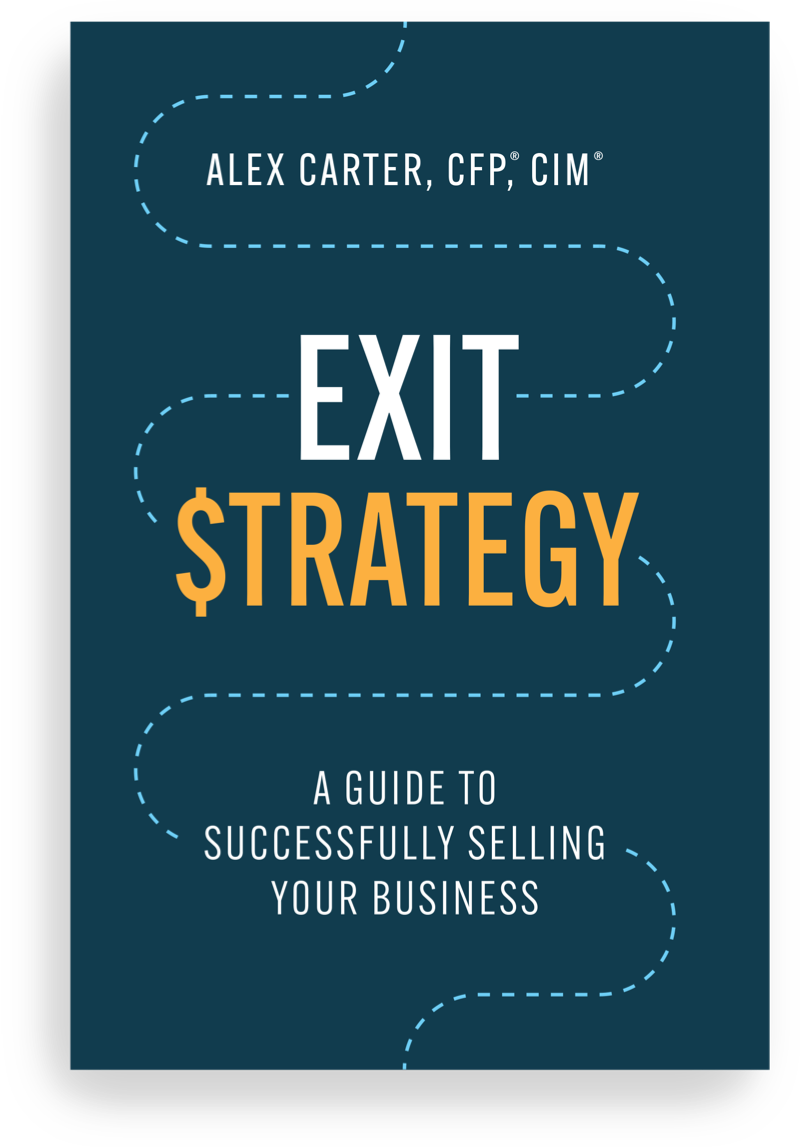Investing is usually discussed solely in terms of money. What to buy, what to sell, and what fees you should pay in the process. Of course, the money aspect is important: You’re investing so that you and your loved ones can have a bright future. A portfolio that grows over time is central to that goal.
But there’s something that’s not talked about enough alongside the financial considerations of investing: the psychological toll it can take on people. Especially these days, where investing news and live quotes are quite literally at our fingertips, it’s so easy to be fixated on the markets. This can be emotionally taxing at the best of times. And during something like the current global pandemic, when stress levels are already heightened, the wild swings of stock prices can be an even bigger psychological whirlwind.
This is especially true because, as we’ve explained before, humans are wired to feel a loss more than an equivalent gain. That is to say, we are not nearly as happy about a 10% gain as we are sad about a 10% loss. So, by watching day-to-day fluctuations during a difficult stretch in the market, it’s tough to come out feeling better. The losses will feel terrible, and any recovery won’t make you jubilant.
Disengaging from all of the ups and downs of the market isn’t easy, but it’s worth it. By stepping back from a laser-like focus on your portfolio, you may be able to reduce your stress levels. And you can spend your energy on what truly matters to you, such as your family, your friends, and your hobbies.
How to Disengage
Ah, but how exactly can you disengage? We won’t claim it’s easy to ignore the markets completely, but here are some suggestions:
- Tune out the pundits’ predictions
- Turn off the radio or TV when markets are discussed
- Only check your portfolio from time to time. Better once or twice a month than every day.
Thinking Long-Term is Key
By sticking to your long-term investment plan, you are actually giving yourself the ability to disengage from the markets. Whatever happens in the short run shouldn’t have a significant effect on how your portfolio performs over the years and decades to come. Plus, long-term thinking tends to lead to better performance: those who try to predict the market’s next move often end up squandering their wealth in the process.
The lesson of all this? Let your diversified portfolio work its long-term magic. Enjoy the wonderful summer weather and try not to check those stock quotes too often.



